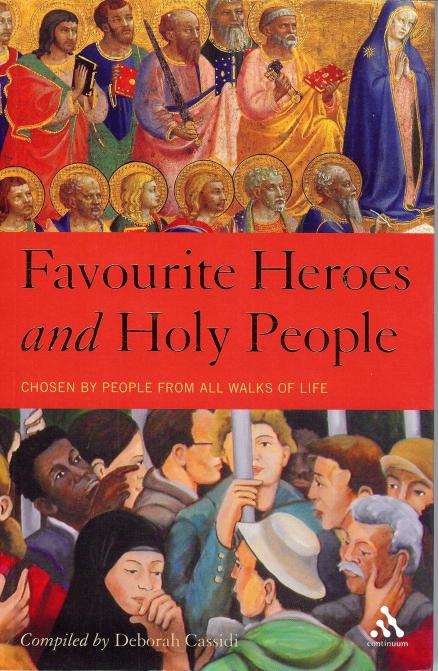
A Parsee (Parsi) Family, by William Johnson, Western India ca. 1855-1862 via SMU Central University Libraries @ Flickr Commons
Be not forgetful to entertain strangers, for thereby some have entertained angels unawares (Hebrews 13.2)
Did you see Yasmeen’s story on Facebook? She has kindly allowed me to reproduce it here:
I am British/Egyptian and currently live in Egypt. Here there are now hundreds of thousands of Syrians if not more. In the past years since the Syrians started coming here to get away from the violence in their country, I have to say people here have been impressed and humbled by how they have dealt with their misfortunes. They have been very industrious, working hard, starting small businesses and in general doing whatever they can to make a living instead of burdening society. They are well known for their cooking, especially their sweets, and many of them have opened small dessert shops and the less well-off sometimes sell their pastries ready-packaged to passers by.
Keep in mind that Egypt is a country with its own poverty problems already and we have thousands of beggars on the streets. Many of the Syrians who came could easily have joined in the throngs of people waiting for hand-outs. But they are proud, hard- working people who will not accept extra money you try to give them when buying things from them even. They want to work for what they have. They have rented the homes they are now living in too.
Before the Syrian crisis, I knew several Syrian people who are well-educated and well-travelled and some are even dual nationals. But they are very patriotic to their country and although they could have lived in western countries most chose to stay in Syria.
My point is that Syrians are only travelling to the west because they are desperate to survive. Not because they want the western way of life as some are accusing them. Their country was beautiful with breathtaking landscapes and a rich culture. Also, they are hardworking, skillful people who, if given a chance, will gladly work hard and add to society and the economy and not depend on aid.
“Like sugar in milk”
But this is of course not the first time in history that large numbers of displaced people have sought sanctuary in other lands.
Do you know the story of how the Zorastrian Parsis first arrived in India? More than 1,000 years ago, at the time of the Islamisation of Persia, Zoroastrians went in several different directions in an effort to protect their religion and culture. The ones who went to India became known as Parsis, but there are other large Zoroastrian communities on the border of present-day Iran and Afghanistan.
A Zoroastrian priest arrived with a group of refugees in what is now the state of Gujarat. The Qissa tells how about 18,000 Parsis came in seven junks, five of them landing in Div, one at Variav near Surat and one at Cambay. They asked the local king, Jadi Rana, for asylum But the king pointed to a vessel of milk, filled to the very brim, to signify that his kingdom was already full and could not accept any more additions to the population. In response, the priest asked for some sugar, which he stirred into the milk, where it dissolved without trace – and without a drop being spilled. He asked the king again: “If you take us into your kingdom, we will be like the sugar in the milk: we will become one with your kingdom, and will only make it sweeter.”
Finding the argument unanswerable, Jadi Rana stipulated only that
- they were to adopt the local language (Gujarati);
- their women were to wear the garments of the local women (the Sari);
- they were to cease to carry weapons; and
- marriages were only to be performed in the evenings (as the Hindus do).
He then gave shelter to the refugees and permitted them to practice their religion and traditions freely.
Lord Bilimoria discusses the Zoroastrian Parsis in India:
Bilimoria points out that despite their small number, Parsees have achieved international acclaim in almost every field. Among the best known are the conductor Zubin Mehta, Ratan Tata (who turned the Tata Group into a global business), former cricketer Farokh Engineer and the Indian war hero Field Marshal Manekshaw. Parsees excel in the arts too – not many people realise that Freddie Mercury was a Parsee. Bilimoria himself is best known for starting the Cobra beer company, but his first entrepreneurial venture involved supplying Indian-made polo sticks to British outlets, including the exclusive department store Harrods.
He attributes the community’s success to the way Parsees are raised. “You are brought up in this principled way. You see the charitable work that’s being done, the way Parsees not only look after each other but put back into the wider community,” he says. “You just have to go to Bombay, where my father’s family are from, and see the number of Parsee charitable buildings and communities, hospitals, schools – you can’t help but notice it and it’s been done over the generations.”
Who is to say that those who now throw themselves on the mercy of the West would not similarly sweeten our nations were we to welcome them in?








Recent Comments